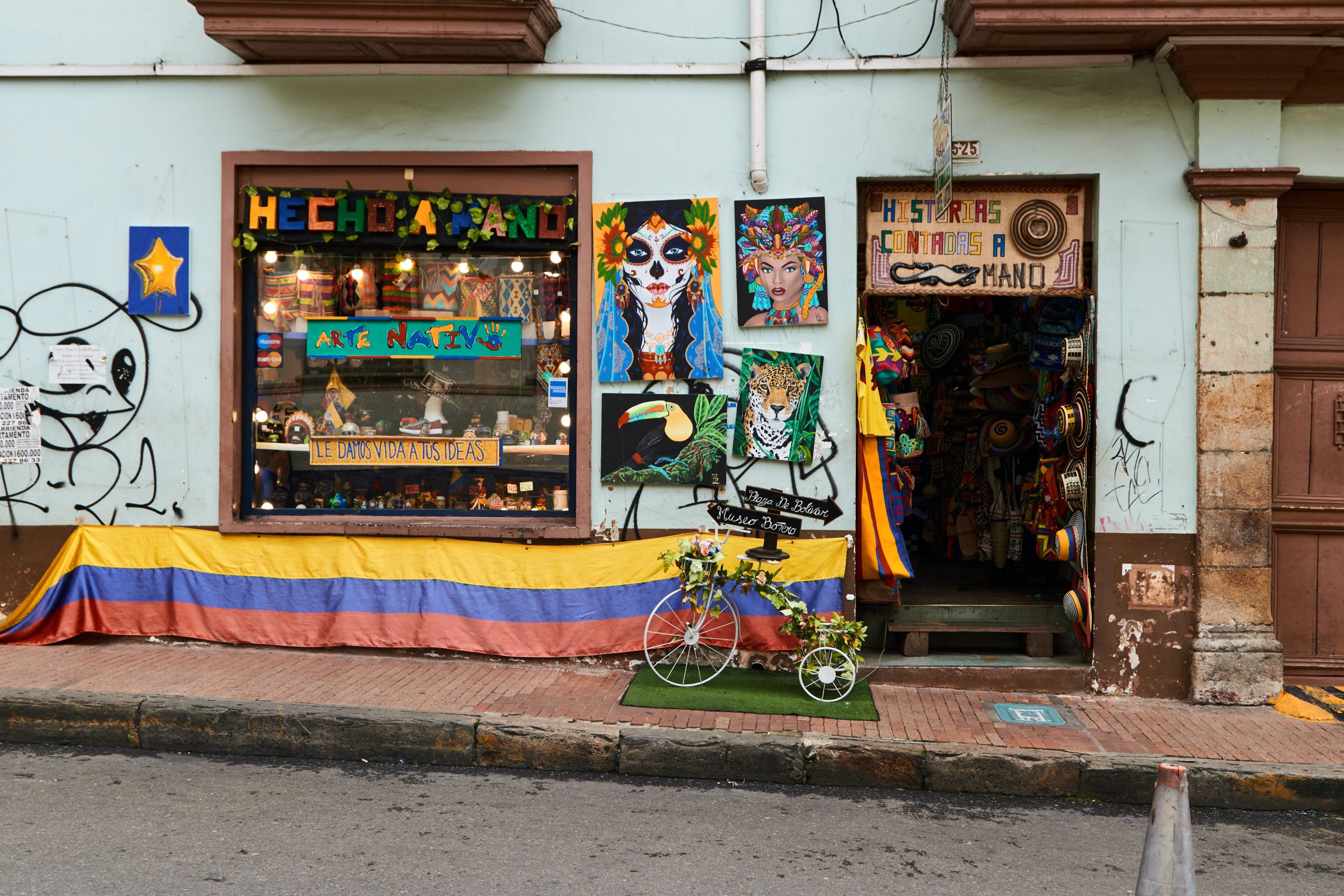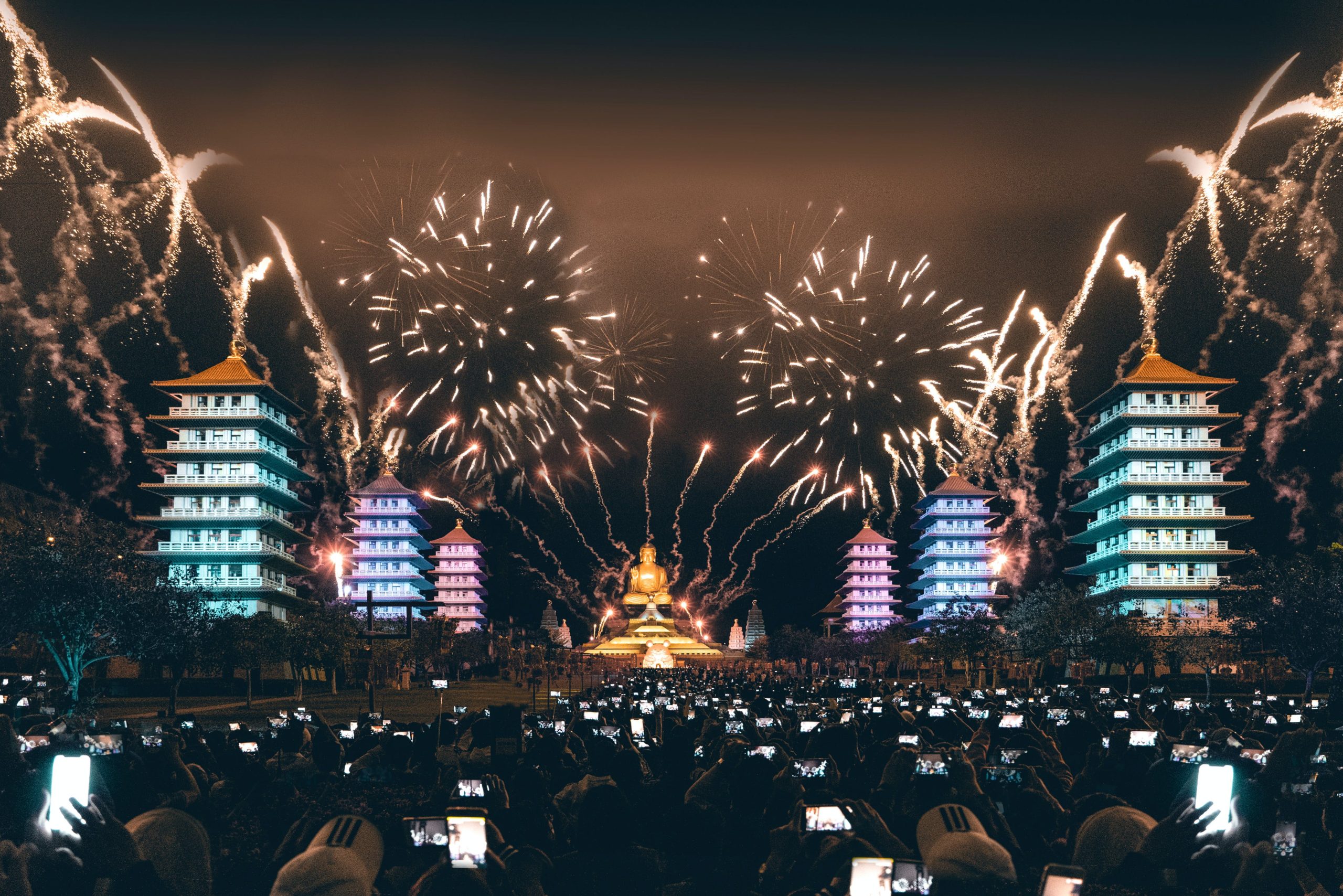I had planned a trip to Ecuador, is it safe to go? What other similar destinations can serve as an alternative?
In recent months, Ecuador has been in the global spotlight due to incidents of violence and internal conflicts. However, how safe is it really to visit this beautiful South American country at present? To address this question, it is important to consider several factors, from the political and social situation to public perception and the security measures implemented by authorities and tourism companies. According to the Travel Advisory from the United States Department of State, Ecuador is currently classified as level 2: "exercise increased caution." This is due to the conditions of the internal armed conflict that have sparked civil unrest, crime, and kidnappings in certain areas of the country, particularly in the port city of Guayaquil. Although this warning indicates the need for caution, it is also important to note that many tourist areas continue to operate normally and have maintained their usual tranquility. An article from Travel Weekly showcases the visit of one of its reporters, who during their stay in Quito, the capital of the country, and other cities like Cuenca, was able to experience firsthand the warmth and hospitality of the people, as well as the beauty of Ecuador's natural landscapes, stating that despite the challenges, many parts of
Hotel Trends to Watch in 2024
As we move through 2024, it becomes increasingly clear that we are edging closer to a futuristic world where technology and sustainability redefine the traveler experience. With artificial intelligence, the implementation of robots and chatbots, augmented reality, and the unwavering consumer demand for sustainable practices and holistic wellness, the hotel industry will continue to grow, adapting to new guest expectations and approaches. Here's a sneak peek at the key hotel trends that will be in the spotlight. Personalized and contactless customer experience According to a report by Exploding Topics, 71% of travelers show a greater willingness to stay in hotels that offer self-service technology. Additionally, a 2020 study by Criton revealed that 80% of travelers prefer using an app for processes like check-in and check-out, room service requests, and communication with hotel staff. These data clearly indicate that guests value experiences that allow them to access personalized amenities and services efficiently and without physical contact. An initiative exemplifying this trend towards contactless experience is digital concierges. A notable case is Ivy, the digital concierge developed by GoMoment, present in hotels ranging from the Venetian Las Vegas to various Holiday Inns worldwide. Ivy has interacted with over 50 million guests, providing answers to questions, handling
New Year Experiences Around the World
As the year comes to a close, we can't help but reflect on the unique experiences that New Year brings in different parts of the world. Traveling during these times is more than just a celebration; it's a reminder of the cultural diversity that enriches our lives. From the dazzling lights in Sydney to the serene reflection in Kyoto, every corner of the globe contributes its uniqueness to this global festivity. Sydney, Australia: luminous display on the Harbour Bridge In vibrant Sydney, Australia, the arrival of the New Year is celebrated with a display of fireworks over the iconic Harbour Bridge and Opera House. This event attracts millions of spectators who gather to witness an unparalleled light show. The question that arises is simple yet intriguing: How can the city make the sky even more impressive than it already is? Rio de Janeiro, Brazil: party on the sands of Copacabana Our next destination takes us to the golden beaches of Rio de Janeiro. Brazil, famous for its carnival, doesn't fall short on New Year. On Copacabana Beach, millions of people gather to participate in a feast of music, dance, and offerings, marking the beginning of a new cycle with an explosion of energy that
Hospitality as an alternative investment
The hospitality industry is one of the largest and most dynamic in the world, with millions of people traveling annually in search of unique and memorable experiences. This sector not only fulfills the purpose of providing unforgettable moments for travelers but also generates millions in revenue and provides employment opportunities for numerous people. The rise of hospitality as an investment In recent years, the hotel sector has experienced steady and sustainable growth worldwide. According to a Statista report, in 2023, the global hospitality market reached nearly 4.7 trillion dollars and was projected to grow to 5.8 trillion dollars in 2027, with a compound annual growth rate (CAGR) of 5.5 percent. Undoubtedly, hospitality, with its focus on customer satisfaction and the creation of meaningful experiences for visitors, has emerged as an extremely attractive investment option. As people seek more genuine experiences during their travels, there has been a shift towards a greater demand for boutique accommodations, eco-resorts, adventure tourism, and unique gastronomic options. Now, let's explore a little about how hospitality has become a viable option for investors and how this industry offers a fresh and constantly growing perspective. Stability and resilience: while financial markets may be volatile, the hospitality industry tends to be more stable
The influence of social media on the choice of tourist destinations
Recognizing the undeniable role of social media in shaping our travel plans is as evident as acknowledging that the sun is always shining. In the interconnected world we live in, it has become natural to turn to these digital platforms in search of inspiration, recommendations, and a glimpse into the experiences of other travelers. However, the real extent of social media's impact on our travel decisions remains a fascinating and enigmatic topic. While it's no secret that social media plays a significant role in vacation itinerary planning, the true magnitude of its influence remains a captivating mystery waiting to be unraveled. According to a Morning Consult report, 92% of Generation Z users in the United States use social media, with 54% of them spending at least four hours a day on these platforms. Furthermore, Gen Zers stated that they spend more time interacting with their peers per week, on average, through video games (65%) than in school (64%) or at work (51%). These numbers highlight the omnipresence of social media in the daily lives of young people, and this reality directly impacts their travel decisions. A fascinating example of social media's influence on the choice of tourist destinations can be observed in the
The transformative power of Artificial Intelligence in tourism
In the digital age, Artificial Intelligence (AI) has left a significant mark on various sectors, and tourism is no exception. In particular, accommodation platforms like Airbnb have harnessed the power of AI to revolutionize the way people book and enjoy their travel experiences. But, do you know how this innovative tool is contributing to the development of tourism today? Personalized recommendations. One of the greatest benefits of AI in tourism is its ability to provide personalized recommendations, and that is that platforms such as Airbnb or Vico use AI algorithms to analyze data such as preferences, travel history, and user search patterns, capable of to offer accommodation options and tourist experiences adapted to the interests and needs of each traveler. Improvement in price management. By analyzing supply and demand in real time, AI systems adjust prices based on market availability and demand. This allows for greater flexibility and price competitiveness, ensuring that travelers get fair fares and providers maximize their revenue. Automated customer service. Through chatbots and virtual assistants, AI provides quick and accurate responses to traveler inquiries and requests, as these automated systems can provide booking information, fix common issues, and offer recommendations, thus enhancing the customer experience with efficient answers and available
How younger generations are reshaping luxury travel
As I recently shared, luxury travel is back in a big way. And while there are a number of factors for this boom, I want to focus on one that may surprise you: the influence of millennials and Gen-Z. As consumers, these generations are often seen as more conscious and informed than those that came before them, making it difficult to predict how they would wield their eventual buying power. But they are now making themselves abundantly clear: 79 percent agree that travel is an important budget priority. Let’s dig into why. Cash flow. During the pandemic, many young people took the opportunity to pay down debts and save on rent by living with family members. At the same time, while previous generations were more likely to become homeowners in their 20s and 30s, a number of economic factors are keeping many millennials and Gen-Zers out of the housing market. This group is also marrying and having children later, if at all. In short: they have money to burn and less financial responsibilities to hold them back. And, after years of staying close to home, they are looking to use their financial freedom to make up for lost time–whether it be paying for travel upgrades, choosing hotels with higher-end amenities, or crossing dream
Hotels that stand out for their gastronomy
Food is one of the most important aspects of a place's culture, and many travelers (including me) seek to experience the local cuisine during their travels. The hotels that stand out for their gastronomy are those that offer a high-quality culinary experience and make food an integral part of their guests' stay. In this article, we will explore some of the most outstanding hotels for its gastronomy around the world. First of all, the Ritz-Carlton Hotel in Tokyo has several award-winning restaurants, including the three-star Michelin restaurant, Sukiyabashi Jiro. This restaurant offers a unique dining experience with a high-quality sushi set menu. In second place, we find the Waldorf Astoria hotel in New York, United States. The hotel has several high-quality restaurants, including the famous Bull & Bear Steakhouse, which has been awarded a Michelin star. Mandarin Oriental Hotel in Bangkok, Thailand. The hotel has nine different restaurants, each with its own style of cuisine and atmosphere. Particularly noteworthy is the restaurant Le Normandie, which has been awarded two Michelin stars and offers an exquisite French culinary experience. Finally, we have the Belmond Hotel Caruso in Ravello, Italy. The hotel has a restaurant that has been awarded a Michelin star. The Belvedere restaurant offers
Sustainable hotels that lead the ecotourism sector
As a nature lover and frequent traveler, I have always looked for ways to enjoy new experiences without leaving a negative footprint on the environment. So I'm excited to tell you about the sustainable hotels that are leading the ecotourism industry. These hotels are not only concerned with offering their guests an unforgettable experience, but are also committed to minimizing their impact on the environment. From choosing green building materials to implementing energy and water conservation practices, these hotels are leading the way towards more sustainable tourism. One of the hotels to recommend in this sense is the Hix Island House in Puerto Rico. This hotel features innovative architecture and uses solar panels to provide most of its power. In addition, they have implemented a rainwater harvesting system and have organic gardens that provide fresh and local ingredients for their restaurant. Another great example is Six Senses Laamu in the Maldives, which uses renewable energy and has a wastewater treatment system to reduce its environmental impact. In addition, the hotel is committed to eliminating single-use plastics in its facilities and works in collaboration with the local community to promote the conservation of coral reefs. In Colombia, there is the eco-friendly Casa del Agua hotel









